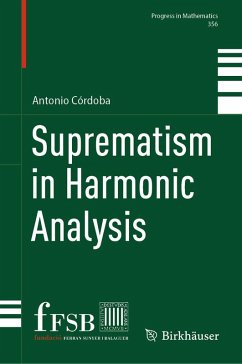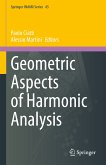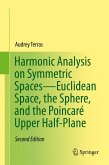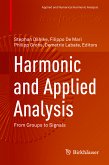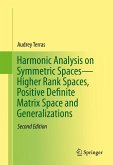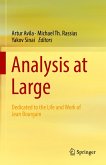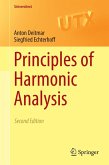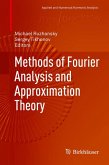The opening of the book is dedicated to a few results, with short statements and proofs, that could be called "mathematical haikus". Then, in the first part of the book, singular integrals beyond the classical Calderón-Zygmund theory, such as Vitali-type covering lemmas and estimates for the corresponding maximal operators, are explored. The exponential overlapping of parallelepipeds, the strong maximal function, and Zygmund's conjecture about monotonic bases are also covered. The core of this part is devoted to the Kakeya maximal function and its relation to the spherical summation of Fourier series and integrals. The two-dimensional case is well understood, but the case of higher dimensions still presents many open problems and conjectures. The chapters in the second part of the book treat questions at the interface of harmonic analysis and number theory, including applications of the Poisson summation formula to crystallography and arithmetic, estimates of the Minkowski dimension of Riemann graphs, random lattice point problems, and the role of Weyl sums in atomic energy oscillations.
With a focus on rigorous research insights for graduate students and researchers in mathematics, this book provides a comprehensive journey through the hidden landscapes of harmonic analysis.
Dieser Download kann aus rechtlichen Gründen nur mit Rechnungsadresse in A, B, BG, CY, CZ, D, DK, EW, E, FIN, F, GR, HR, H, IRL, I, LT, L, LR, M, NL, PL, P, R, S, SLO, SK ausgeliefert werden.

